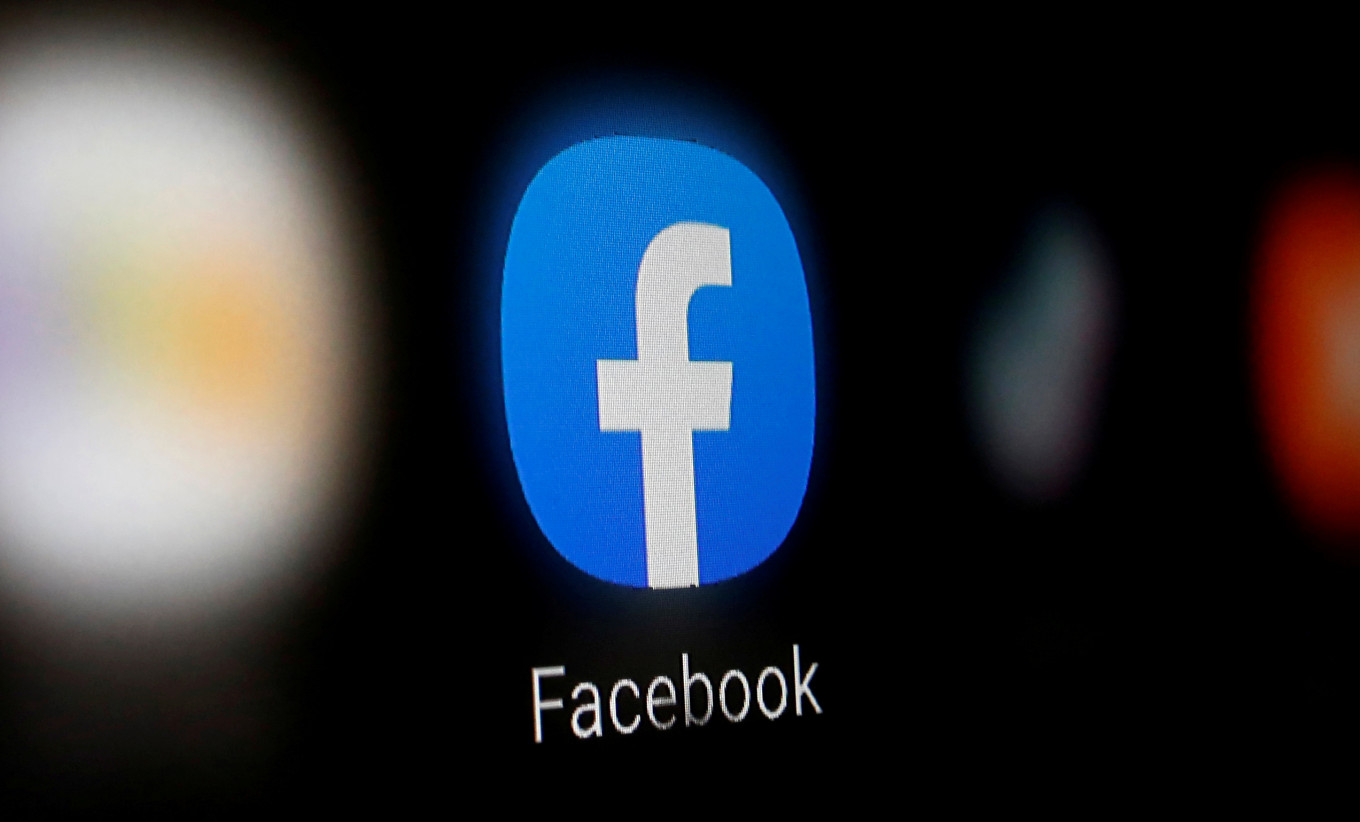Popular Reads
Top Results
Can't find what you're looking for?
View all search resultsPopular Reads
Top Results
Can't find what you're looking for?
View all search resultsMarketers' dilemma: Do we need Facebook and Google?
Change text size
Gift Premium Articles
to Anyone
A
month ago, Unilever as one of the biggest advertising spenders in the world joined more than 100 other giant brands like Coca Cola, Starbucks, Honda, Levi’s and Patagonia in boycotting social media.
This boycott started with a campaign by civil rights groups called #StopHateForProfit, which asked all businesses to stand in solidarity of freedom, equality and justice and not advertise on Facebook in July.
On its website https://www.stophateforprofit.org/ this campaign claims that Facebook allows incitement to violence against protesters fighting for racial justice, which started after George Floyd passed away. In short, they think that Facebook failed to be a “good platform for society”, and has become a “fake news” and “hateful speech" platform and so on.
But what I would like to emphasize in this article is what options you can consider as marketers if you encounter social issues that afflict your preferred social media, as what happened to Facebook.
As a marketer or advertiser, you have tons of criteria before you decide what media you will trust as the platform to deliver your brand message. For example, you should match your prospective customers’ persona with the media’s audiences by assessing whether the gender, age and other demographics align with your product's target market. Digital campaigns make these challenges as easy as flipping your hand, with (probably tens of) thousands of technology vendors who try to push their luck on the digital media landscape. If we run our campaign on gigantic ad companies like Facebook or Google, they have super-comprehensive dashboards and features that help you create campaigns by yourself and target the right audience and, most of all, at very affordable rates.
That’s why, beside thousands of brands spending huge budgets on Facebook and Google, millions of small and medium businesses also use these platforms to sell their products to the right target market. It is estimated that big brands contribute less than 10 percent to Facebook’s and Google’s ad revenue, as most of the revenue comes from small and medium businesses. These don’t have many options to run their campaigns, because their marketing budgets are tight and they cannot run their own campaign.
But if you work as a marketer for your company, you have lots of options to choose the right media, vendor, platform and technology to help you achieve your marketing objectives. Your media buying agency can help you find the right media to avoid any kind of future problems that might appear in your marketing activities.
In this situation, maybe you can consider local digital media (premium publishers) as one of your options. Why? Because local publishers produce their own contents, have their own journalists, and work based on regulations and guidelines. But if you think nowadays most local publishers serve click bait content, I’m on your side. At least I try to remind you that social media platforms cannot control their contents, because all of the content is user-generated. Another aspect to consider is that, if you spend on a local publisher, you help to maintain the media industry in Indonesia and contribute to the lives of Indonesian media practitioners and their families.
The other option is programmatic buying, where you are able to use any programmatic platform available on the market to buy inventories from local publishers, which have features similar to social media platform dashboards. You can choose your target audience, what media you think are safe for your brand, how much you want to spend, etc. If you want to avoid certain issues, such as if your brand tries to avoid any association with COVID-19, you can exclude your campaign to appear on any content related to that issue.
Lastly, I’m not against spending marketing funds on Facebook or Google; our clients also spend big chunks of their marketing budget on them. Most of all, these platforms have technologies that help us work efficiently and effectively.
With regard to what happened to Facebook, I think we should be able to exercise the different options available before we decide and not be dependent on one or two media, even though they deliver an outstanding performance and contribute to achieving your marketing objectives.
As a marketer, it is our job to deliver what is best for our company; so place your marketing budget wisely and spend more time to explore different opportunities. (kes)
***
Leonard Agustinus is general manager at MXA, local and independent digital media buying in Indonesia. He has more than 10 years of experience in the digital marketing industry. Prior to his role at MXA, he worked in the media, payment, app development and advertising industries.












